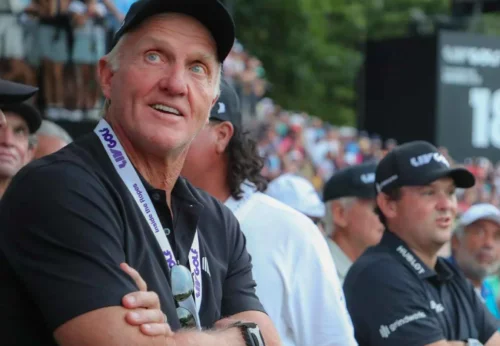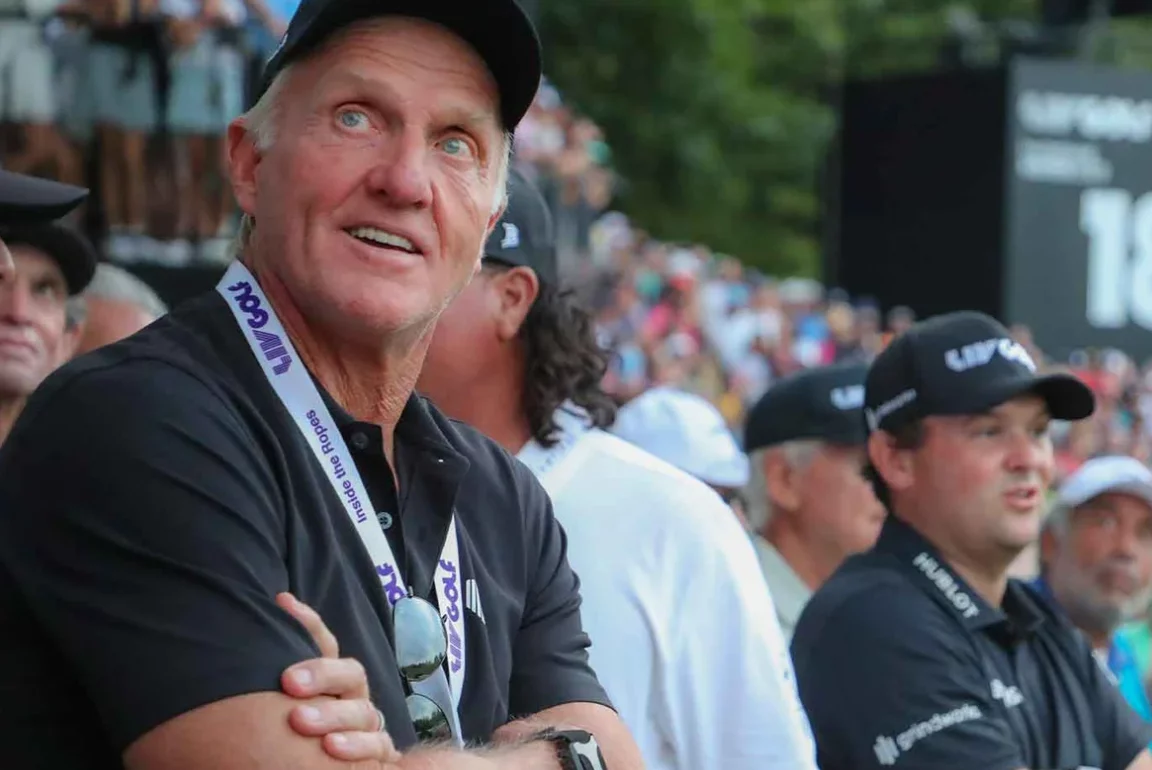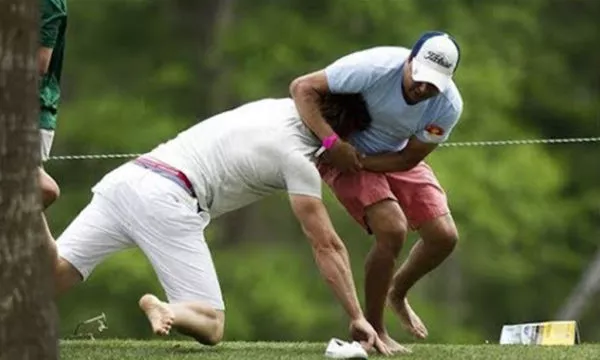Greg Norman says LIV has ‘four networks’ in the bidding for a TV deal


LIV Golf has a TV problem, and evidently more solutions than it knows what to do with.
In an interview with ESPN 1000 Chicago on Wednesday ahead of the fourth LIV Golf Invitational Series event in Chicago, LIV commissioner and CEO Greg Norman said that conversations over the Saudi-backed league’s television rights have turned into something of a bidding war.
“Well, yeah, I can’t comment on that quite honestly,” Norman said. “All I can tell you is that the interest coming across our plate right now is enormous.”
To date, a television deal has proved elusive for the upstart league, which currently broadcasts its tournaments for free on YouTube. The league has reportedly been in discussions with networks dating back to at least early 2022, though it has yet to strike any kind of official broadcast agreement.
It has been long believed that LIV’s YouTube situation is driven primarily by tepid interest from the networks, who see the league’s controversial ties as a significant roadblock toward profitability. But in his interview with ESPN 1000, Norman argued the opposite was the case, saying that a host of bidders are currently in active negotiations for LIV’s rights.
“We’re talking to four different networks — and live conversations where offers are being put on the table,” Norman said. “Because [the networks] can see the value of our product, they can see what we’re delivering.”
Of course, it should be noted that it is in Norman’s best interest for the networks to enter a bidding war for LIV’s broadcast rights. In a typical negotiation, a network will bid for a sports property’s television or streaming rights based on the total amount of advertising revenue the network believes it can generate from the league. In a situation in which only one bidder emerges, a network is incentivized to provide a lowball offer, maximizing the potential profits from the league. In a situation in which multiple bidders emerge, however, the power shifts to the league, which can leverage the networks against each other to receive the most competitive offer.
Original article by James Colgan on Golf.com



